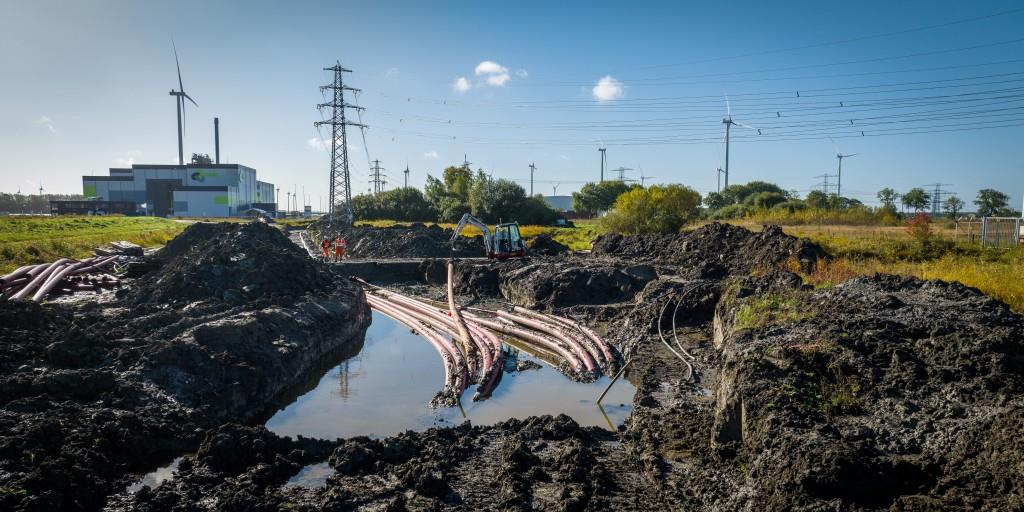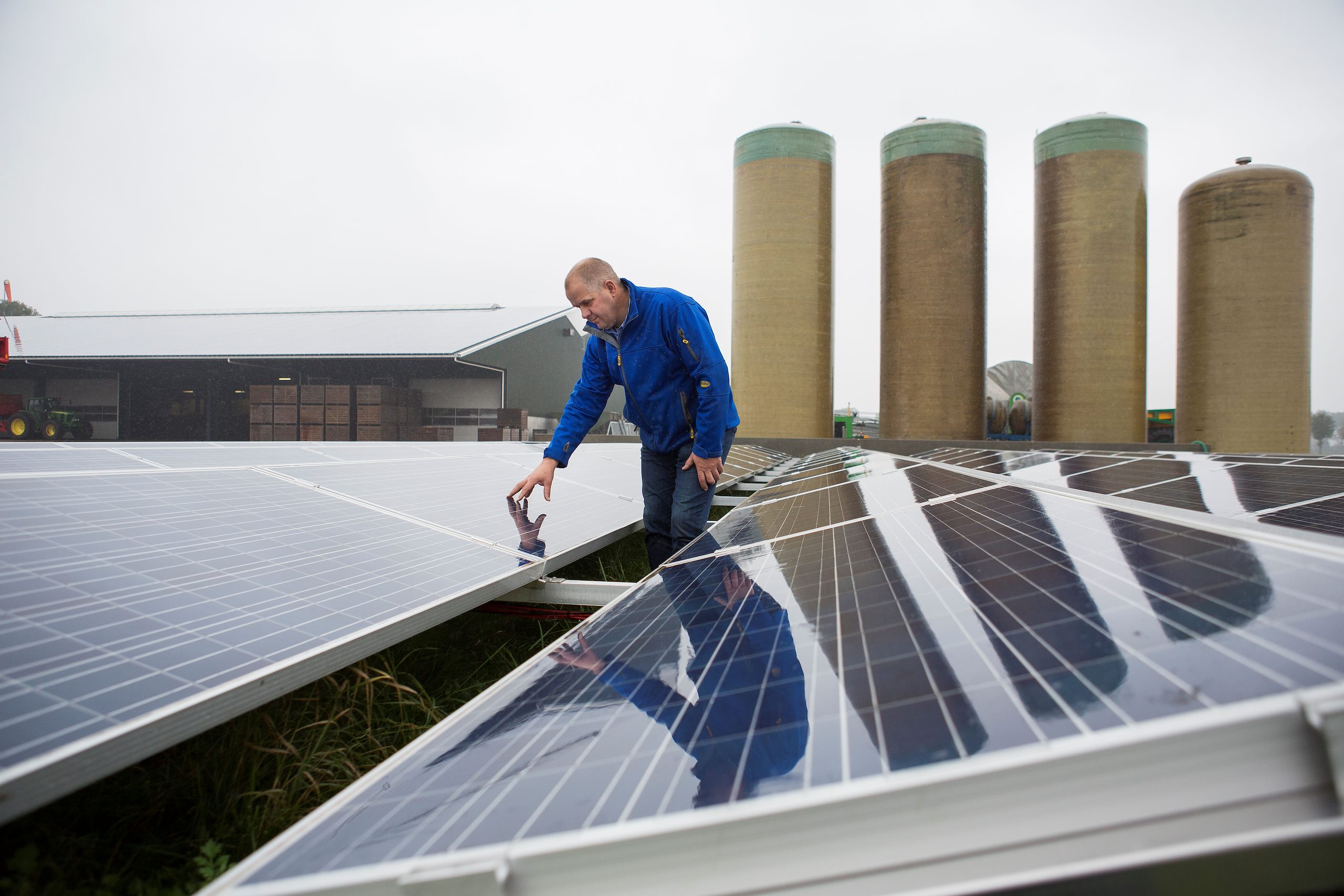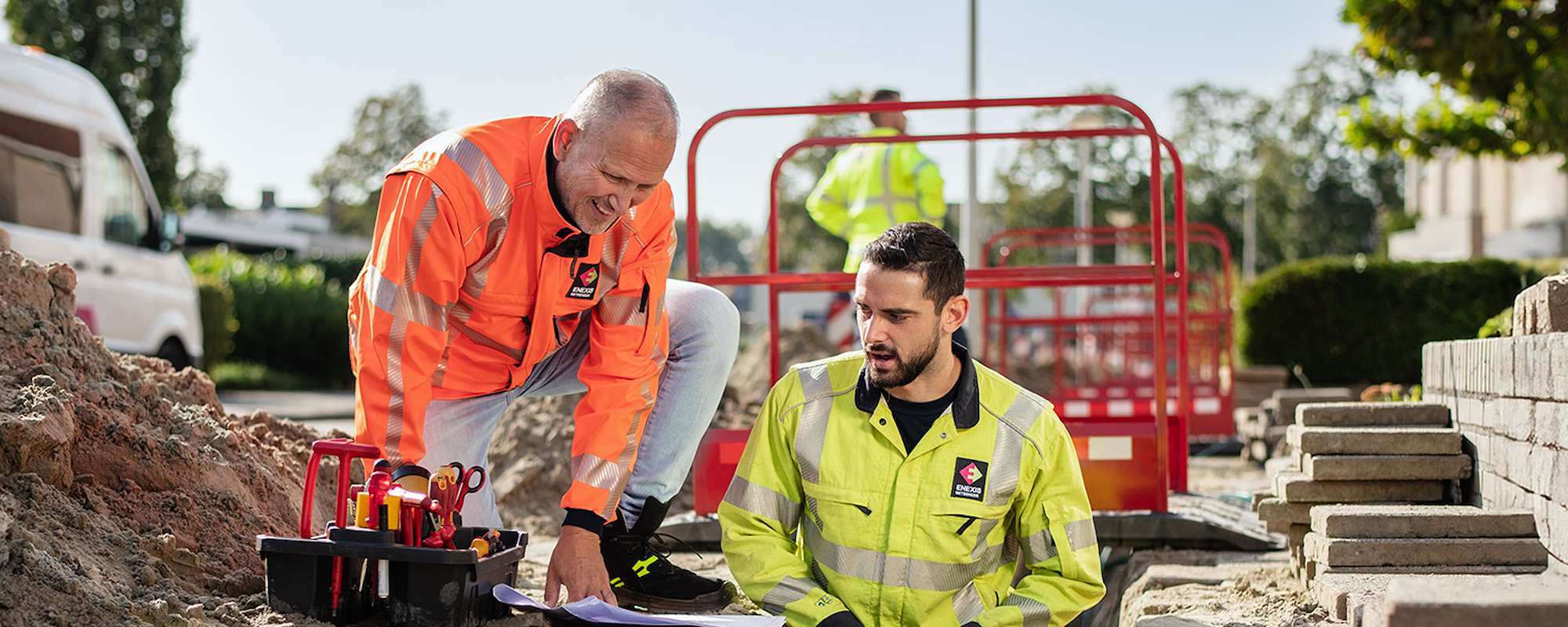
Read moreGreen gas and hydrogen
are indispensable in the
energy transition"Marieke van Amstel,
portfolio manager new
energy carriers at
Enexis

An Enexis for anyone
In order to be an organisation for everyone, we have been paying extra attention to diversity and inclusiveness since 2022. Inclusiveness is one of our three core values and is incorporated in our leadership compass. We regard social safety as the basis of an inclusive organisation. This enables people to be themselves, to develop, and strengthen each other.
Read more
We measure our impact
Our contribution to the goals is determined by measuring impact. We are able to determine this increasingly precisely.
Read moreReport of the
Supervisory Board
The supervisory board is supervisor, advisor and employer to the executive board. How did they fulfil these roles in 2023?
Read more
Working on our strategy
Our strategy describes how we, as a company, deal with the challenges in the changing energy system. Read about how we implemented this in 2023 and the dilemmas we encountered.
TOGETHER TOWARDS A FUTURE-PROOF ENERGY SYSTEMMaking a sustainable impact
Enexis not only supports the transition to a sustainable energy supply, we are also increasing the sustainability of the processes within our organisation. Climate and circularity are our most important focus points.
Read more
Our financial performance
Our investment level is reaching a record high in the energy transition. Building the energy system of the future requires a lot of money.
Read more
Read moreYou’re always thinking:
Is there anyway I can
still help this customer?"Petra de Boer,
Customer Service
employee Enexis
